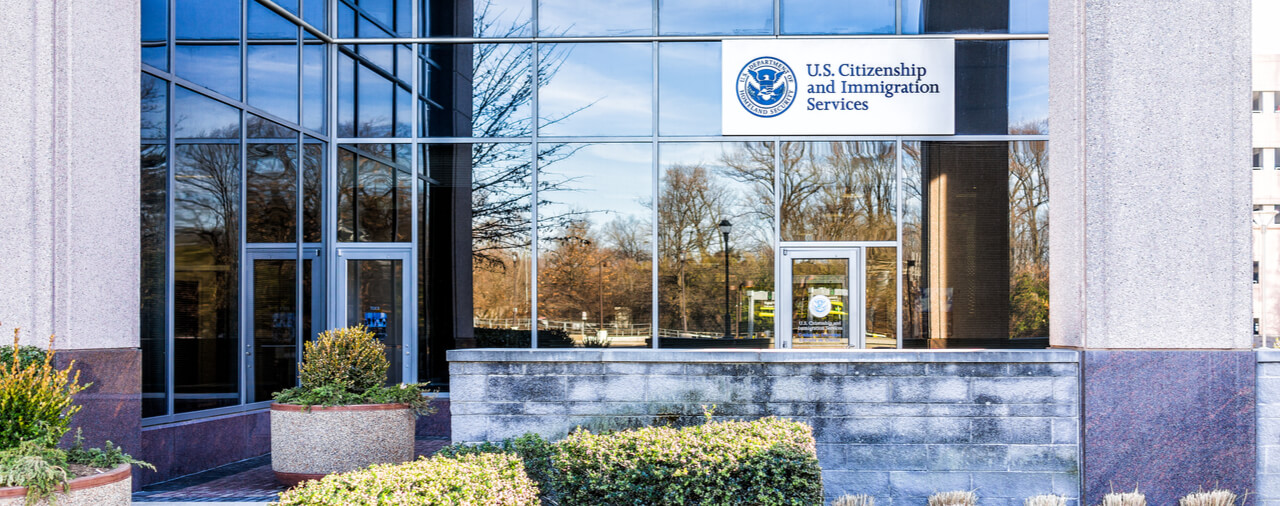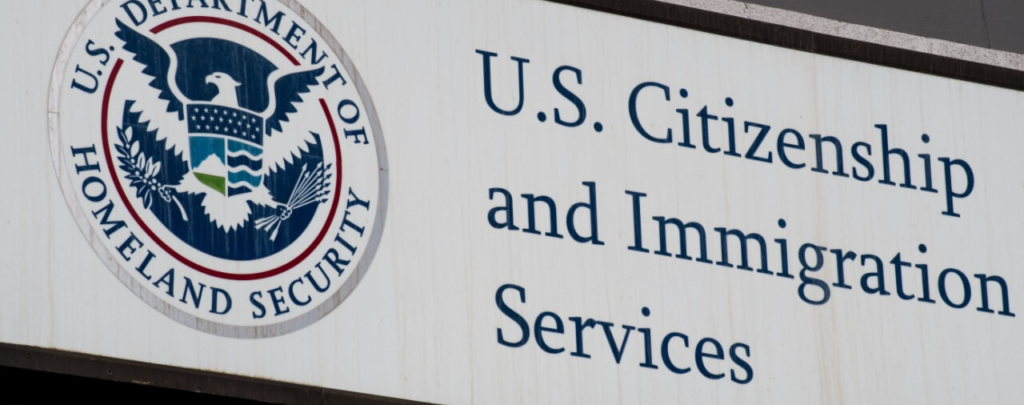On February 24, 2020, the United States Citizenship and Immigration Services (USCIS) began implementing the public charge final rule, which it had published in August 2019, nationwide [PDF version]. The rule, which had originally been scheduled to take effect in 2019, had been subject to several Federal district court injunctions. The Supreme Court stayed a universal injunction [see blog] and an Illinois-only [see blog] injunction against the public charge rule, thus allowing it to take effect throughout the United States while the litigation continues.
We will write comprehensively about the new public charge rule in the near future. Below, we list some of the key points of the rule which applicants who are subject to the public charge ground of inadmissibility must be aware of going forward.
The new public rule only applies to applications filed on or after February 24, 2020. Thus, applications that were properly filed before February 24, 2020, are not affected by the new public charge final rule. They will continue to be governed by prior public charge guidance [see article]. The USCIS is treating all references to “October 15, 2019” in the public charge rule, the originally intended effective date, as if they refer to “February 24, 2020.”
For those who are subject to the new public charge rule, the USCIS will not consider, and applicants and petitioners do not need to report, “the application for, certification or approval to receive, or receipt of certain previously excluded non-cash public benefits (such as SNAP, most forms of Medicaid, and public housing) before February 24, 2020.” The USCIS will also not consider the receipt of previously included public benefits before February 24, 2020, as a heavily-weighted negative factor in the public charge determination.
Extension of stay and change of nonimmigrant status applicants need not report affected public benefits received before February 24, 2020.
The new public charge rule does not apply to deportability on public charge grounds, which we discuss in a separate article [see article].
The new public charge rule defines the term “public charge” as an alien who has received one or more public benefits, as defined in the final rule, for more than 12 months within any 36 month period. The 12 months are counted cumulatively, and thus need not be consecutive.
The public charge rule defines the term “public benefits” as including any cash benefits for income maintenance, Supplemental Security income, Temporary Assistance to Needy Families, Supplemental Nutrition Assistance Program, most forms of Medicaid, and certain housing programs.
Adjustment of status applicants who are subject to the new public charge rule must file the new Form I-944, Declaration of Self-Sufficiency, when they file their Form I-485, Application to Register Permanent Residence or Adjust Status.
Applicants and petitioners filing on or after February 24, 2020, must use the updated versions of USCIS forms affected by the public charge final rule. Using a prior edition of one of the forms will result in the denial of the application. We list the forms affected by the rule in a separate post [see blog].
The new public charge rule is a significant development in immigration law, creating a higher burden for family-sponsored cases and other cases where the public charge ground of inadmissibility is relevant. Petitioners and applicants should consult with an experienced immigration attorney for case-specific guidance on the effect of the new rule on their cases. We will update the site with comprehensive information about the new public charge rule in the near future.





